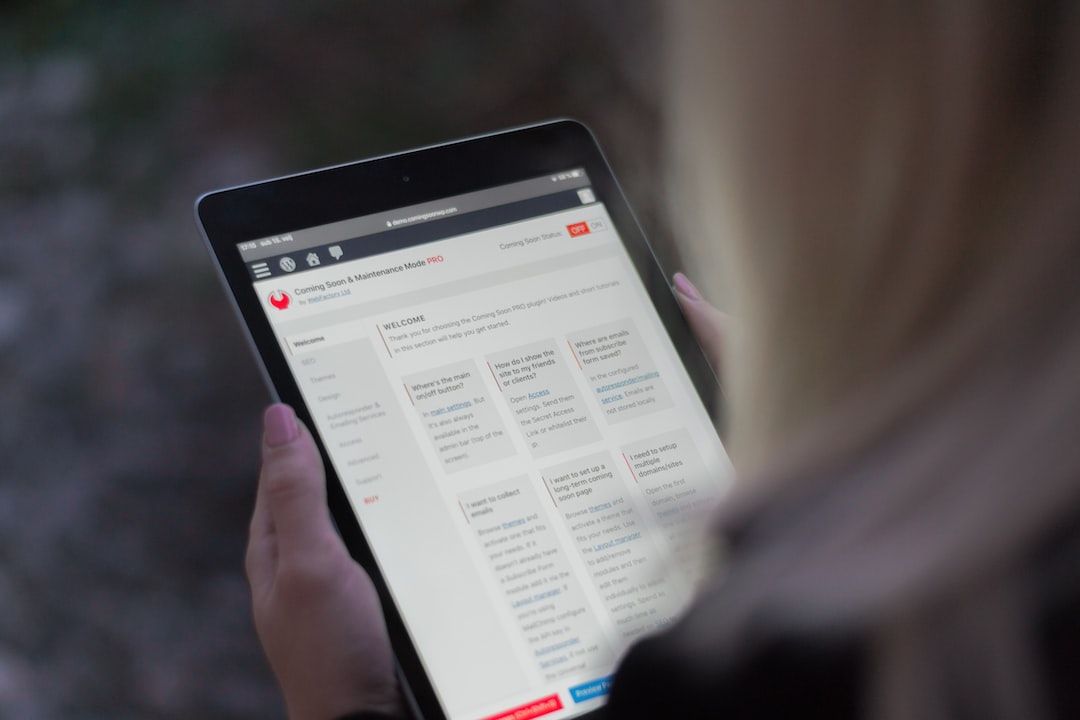E-Learning in the Healthcare Industry: Advancements and Opportunities
The rapid developments in technology have revolutionized various industries, and the healthcare sector is no exception. With the introduction of e-learning, healthcare professionals can now access a wealth of information and training through online platforms. This advancement has not only enhanced the learning experience but has also created numerous opportunities for healthcare professionals to expand their knowledge and skills.
E-learning in the healthcare industry offers several advantages over traditional learning methods. Firstly, it provides flexibility and convenience, allowing healthcare professionals to learn at their own pace and in their own time. This is particularly beneficial for individuals who have busy schedules and cannot commit to traditional classroom-based training programs. Additionally, e-learning enables learners to access information from anywhere in the world, breaking down geographical barriers and providing a global platform for healthcare education.
One of the key advancements in e-learning within the healthcare industry is the use of virtual reality (VR) and augmented reality (AR) technologies. These immersive technologies allow healthcare professionals to have a hands-on learning experience without the need for physical models or real-life scenarios. For instance, medical students can practice surgical procedures using virtual simulations, enabling them to refine their skills in a safe and controlled environment. This not only reduces the risk of errors but also enhances their confidence and proficiency when performing procedures in real-life settings.
Another significant advancement in e-learning in healthcare is the utilization of artificial intelligence (AI). AI algorithms can analyze vast amounts of medical data and provide personalized learning recommendations based on individual needs and competencies. This level of personalization ensures that healthcare professionals receive targeted training, focusing on areas that require improvement. Additionally, AI-powered chatbots are being used to enhance the learning experience by providing instant feedback, answering queries, and delivering real-time support to users.
Moreover, e-learning platforms offer a wide range of courses and certifications that cover various specialties within the healthcare industry. From pharmacology to radiology, healthcare professionals can choose courses that align with their career goals and interests. This has led to a more diverse and dynamic workforce in the healthcare industry, as professionals can acquire new skills and knowledge in specialized areas, ultimately improving patient care and outcomes.
Furthermore, e-learning has opened the doors for continuous professional development (CPD) within the healthcare industry. Healthcare professionals are required to stay up-to-date with the latest research, guidelines, and technologies to provide the best possible care to their patients. E-learning platforms offer easy access to the latest advancements in the field, allowing professionals to stay ahead of the curve and continually enhance their expertise. This not only benefits individual healthcare professionals but also contributes to the overall improvement of healthcare services globally.
In terms of opportunities, e-learning has created a vast market for healthcare education providers. Companies specializing in e-learning platforms can collaborate with healthcare organizations and institutions to offer tailored courses and training programs. Additionally, advancements in e-learning technologies have given rise to the development of specialized applications and software that cater to the unique learning needs of healthcare professionals. These opportunities provide a win-win situation, where healthcare professionals can enhance their skills, and e-learning providers can expand their reach and impact.
In conclusion, e-learning has brought about significant advancements in the healthcare industry, revolutionizing the way healthcare professionals learn and acquire new skills. The flexibility, convenience, and immersive potential of e-learning offer numerous benefits, including personalized learning experiences, continuous professional development, and access to a wide range of specialized courses. Moreover, e-learning has opened up opportunities for healthcare education providers to collaborate and offer tailored programs to meet the evolving needs of healthcare professionals. As technology continues to advance, e-learning will undoubtedly play a pivotal role in shaping the future of healthcare education and improving patient care on a global scale.
